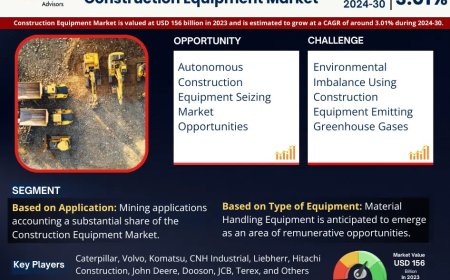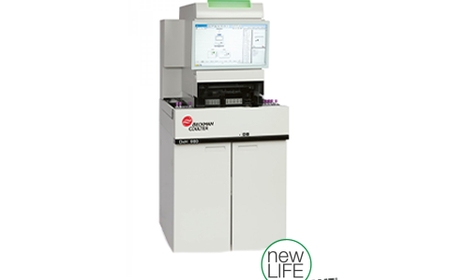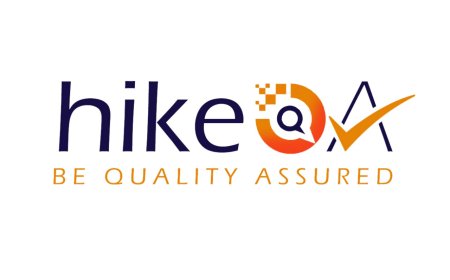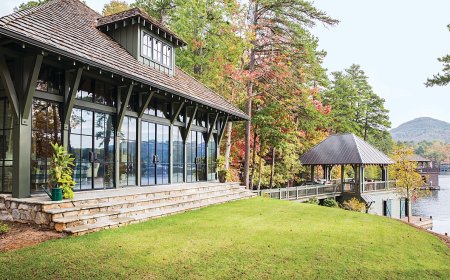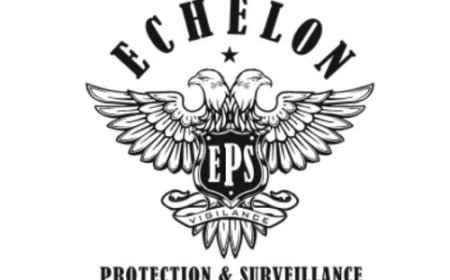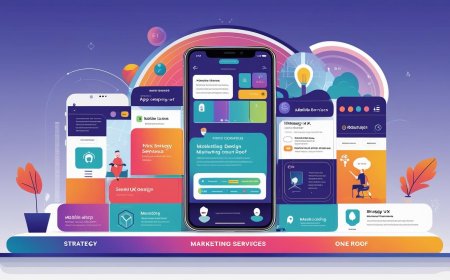The Role of Technology in Elevating Wedding Venue Experiences

In todays fast-paced digital world, technology is playing a transformative role across industriesand the wedding industry is no exception. From smart lighting systems to virtual venue tours, tech innovations are reshaping how couples experience, select, and enjoy their wedding venues. The modern wedding is no longer confined to traditional setups; instead, it's a seamless blend of personalization, efficiency, and immersive engagement. This article explores how technology is elevating the wedding venue experience for both clients and venue operators.
Virtual Venue Tours: Booking from Anywhere
One of the most notable changes in recent years has been the rise of virtual venue tours. Couples can now explore wedding venues from anywhere in the world using 3D walkthroughs, 360-degree videos, and augmented reality experiences. This innovation is especially helpful for destination weddings or when clients are unable to visit the venue in person during the initial planning stages. By providing an immersive view of the spaceincluding dcor setups, lighting, and seating arrangementsvenues are helping clients visualize their big day and make confident decisions earlier in the process.
For example, several event venues in Chennai now offer virtual walkthroughs on their websites or through event planning apps. This not only enhances convenience but also streamlines the booking process for clients and reduces time spent on multiple site visits.
Smart Venue Management Systems
Technology has also revolutionized how wedding venues are managed. Venue operators now use cloud-based management systems to handle bookings, contracts, payments, and client communications all in one place. These platforms allow real-time updates, automate confirmations, and reduce the chances of scheduling conflicts or miscommunication.
Clients also benefit from these tools. Once a venue is booked, they can access digital dashboards to monitor timelines, vendor coordination, and other details related to their wedding. This fosters greater transparency, ensures accountability, and significantly reduces stress in the planning phase.
Personalized Guest Experiences
Another area where technology makes a huge impact is personalization. Smart tech solutions are helping venues deliver customized experiences to each couple. For instance, RFID wristbands or QR-coded invitations can streamline guest check-ins and help manage seating plans. Facial recognition systems, though not yet widespread, are starting to make their way into high-end venues for enhanced security and personalized services.
Moreover, interactive screens, digital guestbooks, and real-time social media displays allow guests to feel more engaged and connected during the celebration. For lawn weddings or outdoor setups, mobile charging stations, ambient soundscaping, and climate-responsive lighting solutions are becoming popular to ensure guest comfort and satisfaction.
Lighting and Audio Technology
Lighting and sound play a crucial role in setting the mood at any wedding venue. Todays advanced lighting systems offer pre-programmed themes, color-matching with the wedding palette, and smart control via mobile devices. Whether its a soft romantic glow for the ceremony or a vibrant setup for the reception, technology allows for dynamic adjustments in real time.
In lawn wedding venues in Chennai, lighting takes on added importance due to natural conditions like open skies and variable weather. Many venues now use weather-adaptive lighting systems that automatically adjust based on ambient light and sunset timing. Similarly, wireless speakers and high-quality outdoor sound systems ensure that music and announcements reach every corner without disrupting the venues aesthetic appeal.
Augmented Reality for Dcor Planning
Augmented Reality (AR) is emerging as a game-changer in event design. Wedding venues are beginning to offer AR-enabled tools that let clients preview dcor elements like stage setups, floral arrangements, and table settings in the actual space. This minimizes guesswork and enhances satisfaction by aligning expectations with reality.
Such innovations are particularly beneficial in large and versatile venues where multiple layout options are available. Instead of imagining how an arrangement might look, couples can see a visual simulation on a tablet or phone, which aids in faster and more accurate decision-making.
Data-Driven Insights and Feedback
Post-event feedback is essential for continuous improvement. Wedding venues now use digital surveys and feedback forms that are automatically sent to clients and guests. This allows venue managers to gather valuable insights on service quality, layout efficiency, and overall guest satisfaction. Data analytics tools can track preferences, popular booking dates, and even review sentiment to inform future upgrades.
In addition, data helps venue operators understand what services are most in demandbe it valet parking, Wi-Fi zones, or drone photographyand make targeted improvements that increase client retention and referrals.
Eco-Friendly Tech for Sustainable Weddings
Technology also supports the growing demand for sustainability in weddings. LED lighting, energy-efficient cooling systems, and digital invitations help reduce the environmental footprint. Some venues even use AI-powered tools to calculate optimal resource usage and minimize waste in catering and dcor.
As more couples look for ways to celebrate responsibly, these innovations provide a competitive edge for wedding venues looking to stand out.
Final Thoughts
Technology is no longer just a convenience in the wedding planning processits a catalyst for creativity, efficiency, and memorable experiences. From streamlining operations to enhancing guest engagement, tech-powered features are now central to the appeal of modern wedding venues.













